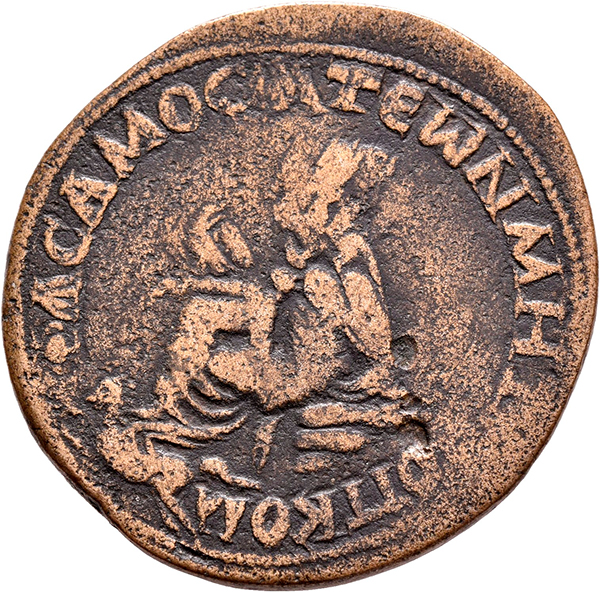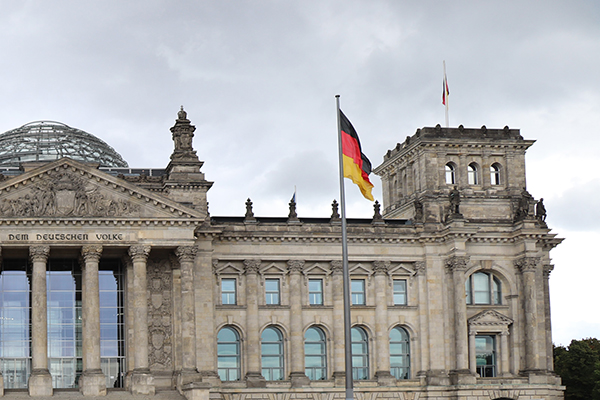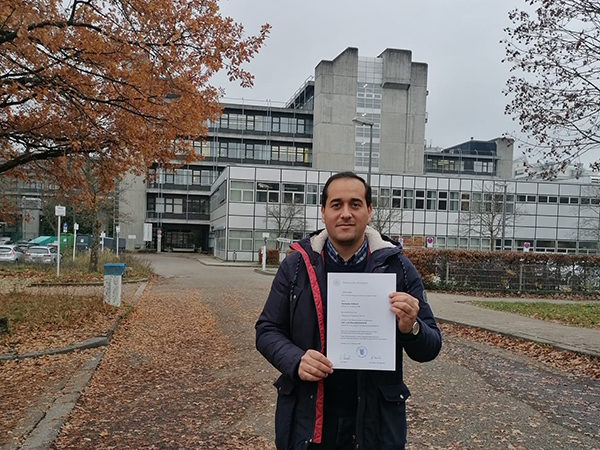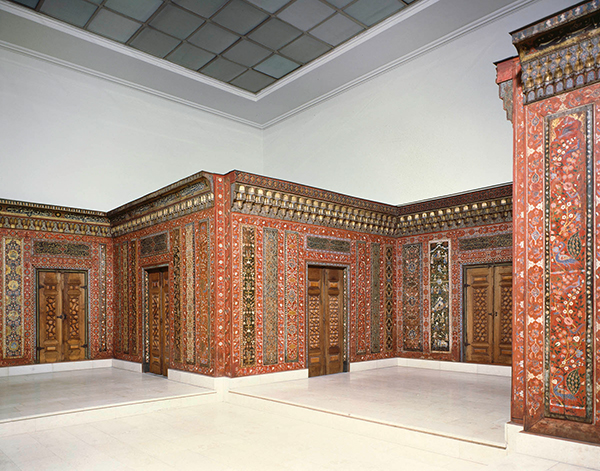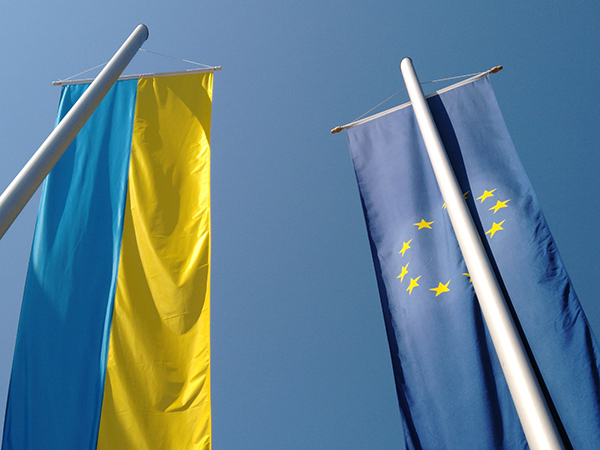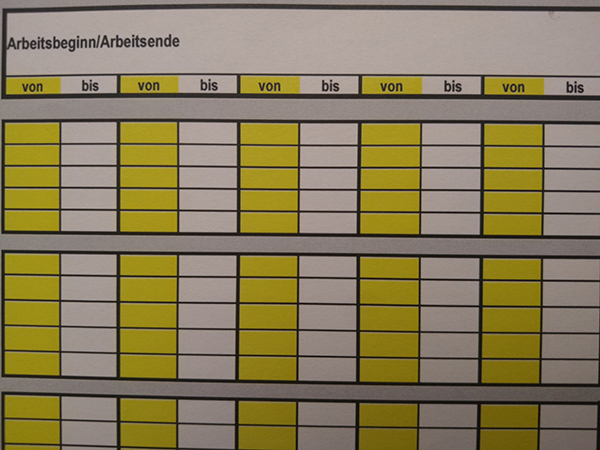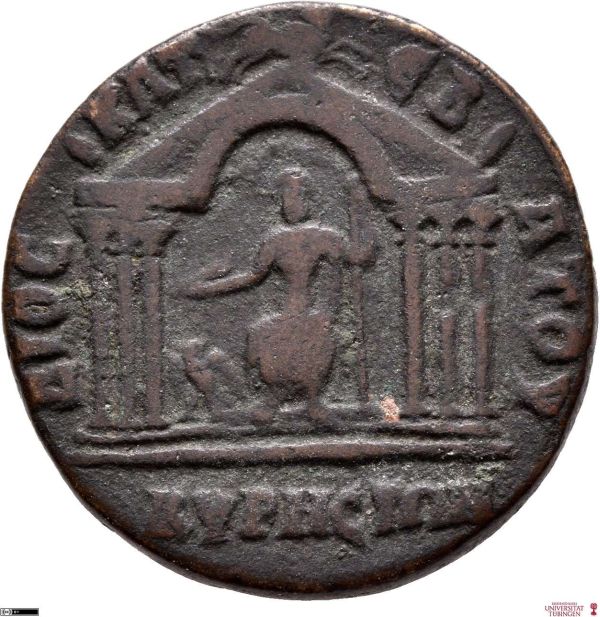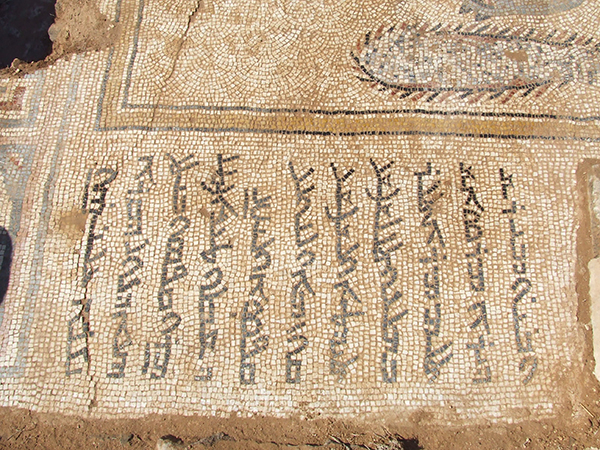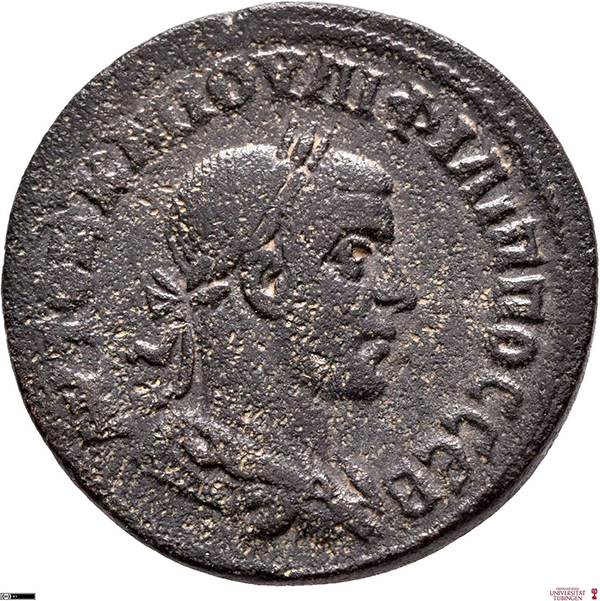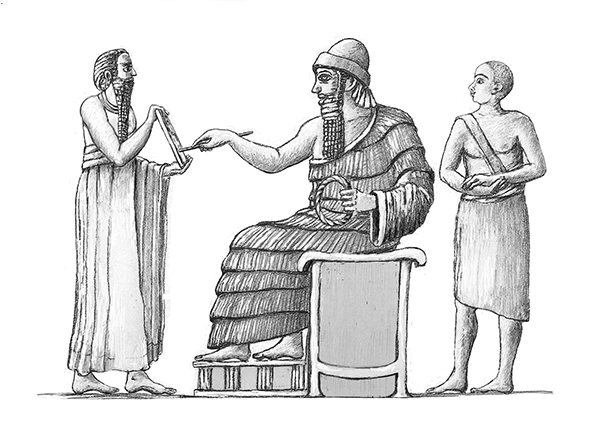By Jonas Brachmann Today we will present a coin from ancient Samosata, a city in Roman Syria. Samosata was located near the modern city of Samsat in eastern Turkey, in the area affected by the severe earthquake. The bronze coin is 3.3 cm in diameter and 17 g in weight. The obverse shows a portrait bust of a beardless young man facing right. He wears a cuirass, a cloak over it, and a laurel wreath adorns his hair. The legend in Greek indicates that the coin was minted during the reign of the Roman emperor Philipus Arabs (247–249 AD), and… Read More
Category: News In English
How can families with children become Germans
By Qoutayba Abboud Many refugees who came to Germany since 2015 can and want to apply for German citizenship now. In order to obtain German citizenship, certain requirements must be met, such as length of stay in Germany, residency status, German language skills, or livelihood security. In addition, the application process for naturalization of families with children differs from that for single persons. To learn more about this, tünews INTERNATIONAL visited the naturalization office of the Tübingen District Office, which is responsible for the entire district, and found out about the requirements that apply specifically to families with children. The… Read More
Fulfilled: The dream of a Master’s degree in Germany
By Michael Seifert “Even in Syria, my dream was always to continue my studies and do a Master’s degree,” says Qoutayba Abboud, a member of the tünews INTERNATIONAL editorial team. He was able to make the dream come true: in 2022, he successfully completed his studies in aerospace engineering at the University of Stuttgart with a master’s degree. In Aleppo, he had already completed his Bachelor’s degree in this subject in 2009. However, after two years of military service and a job at Latakia airport as a security engineer, it was clear to him: “Continuing to study in Aleppo was… Read More
Culture from Syrian Cities: German museums show historical rooms
By Abdul Baset Kannawi and Youssef Kanjou The two members of the editorial team and Syrian archaeologists report here on two magnificent historical rooms in German museums. Both served as reception rooms for wealthy Syrian merchants in the cities of Damascus and Aleppo. Since September 2022, the Damascus Room has been open to the public after 25 years of restoration work at the Museum für Völkerkunde in Dresden. It is not known exactly when this state room was created, but it is assumed to be around 1810, because this date is at the end of a famous poem by Imam… Read More
How the Russia-Ukraine war is affecting Nigeria
By Bright Igbinovia The start of Russia’s war of agression on February 24, 2022 has had continuing and serious effects across sectors of Africa’s biggest economy, Nigeria.It has pushed the prices of crude oil, natural gas, aluminium, nickel, medicines, wheat and other commodities to high costs, worsening Nigeria’s economic woes. The conflict in Ukraine, more than 8000 kilometres away from Nigeria, has led to a higher petrol subsidy bill and a surge in the prices of diesel, aviation fuel, cooking gas and some food items. Analysts say this development has pushed up the cost of living for millions of Nigerians… Read More
What Elif and Omar Ali experienced in temporary work
By Brigitte Gisel Opportunities and risks of temporary work. What rules apply and where to get information. Elif (name changed) is not well disposed towards his former temporary employment agency. “When I returned to work after my corona illness, the shift supervisor sent me home,” says the young Afghan. He was told that the company wanted to make sure that Elif would not infect anyone despite the negative tests. The young Afghan did as he was told, but at the end of the month, three days were suddenly missing from his pay slip. When he asked about it, he was… Read More
A “postcard” from ancient Cyrrhus
By Leila Nouioua A coin from the Tübingen coin collection comes from Cyrrhus, an ancient city whose ruins lie in what is now north-west Syria on the Afrin River. Like most of the coins from the eastern provinces of the Roman Empire, this one was made of bronze rather than precious metal. The coin has a diameter of 2.7 cm and weighs 14.72 g. The obverse shows the portrait of the Roman emperor Philippus Arabs (around 204 to 249 AD). He wears armour and over it a cloak gathered at the shoulder. On his head he wears a laurel wreath… Read More
Languages in Syria—a complicated history
By Youssef and Majd Kanjou and Michael Seifert Everyone knows that the official language in Syria is Arabic. Historians, however, speak of ancient sources in Syriac. What is it about this mysterious Syriac language, spoken by only a few, for which there is a word of its own in Arabic (Siriani) which, unlike in German, is different from the name of the nationality (Syria)? tünews INTERNATIONAL spoke about this with the Syrian expert on Aramaic history and linguistics Jabagh Kablou. He was a professor at the University of Damascus until 2016 and now works as a scholarship holder at the… Read More
An ancient tourist destination as a coin image
By Mona Hähnle There are cases where coins combine very well with literary sources and complement them visually. This is also the case with the coin presented here. It is a bronze coin with a weight of 17.23 g and a diameter of 3 cm. The portrait of the Roman Emperor Philip II is depicted on the obverse. He wears a laurel wreath, armour and a cape draped on his back. The inscription names the emperor in ancient Greek. On the reverse of the coin is the goddess Atargatis. She is seated frontally on a lion striding to the right.… Read More
The world’s first schools were in Iraq
By Michael Seifert “A house that someone covered with a sheet like a treasure chest. … One entered closed-eyed, one came out open-eyed. The solution to the riddle: the school.” A famous Babylonian riddle, almost 4000 years old, shows that schools already existed at that time in Mesopotamia, the Mesopotamia of the Euphrates and Tigris rivers in what is now Iraq. These were the oldest schools about which anything is known through written tradition. Among others, Konrad Volk, Professor Emeritus of Ancient Oriental Philology at the University of Tübingen, who was interviewed by tünews INTERNATIONAL, is researching these schools. Writing… Read More

